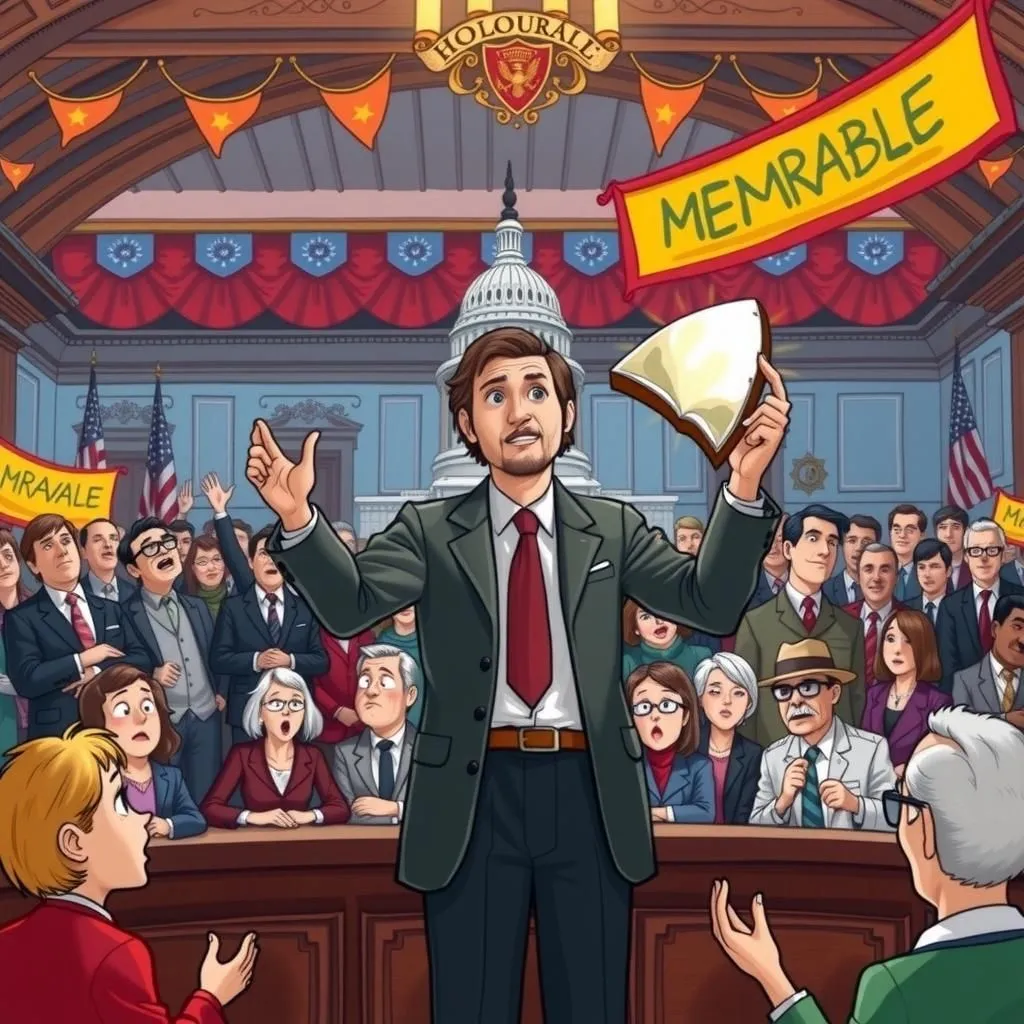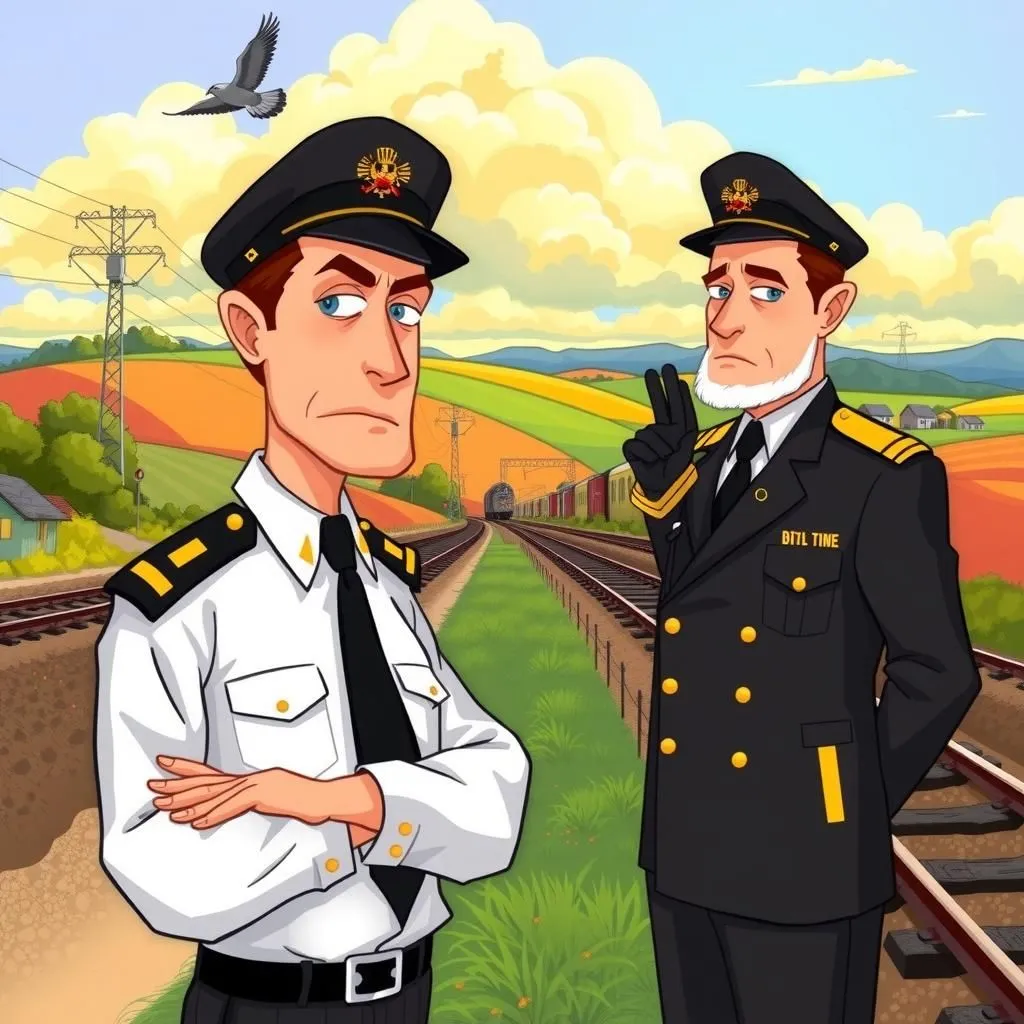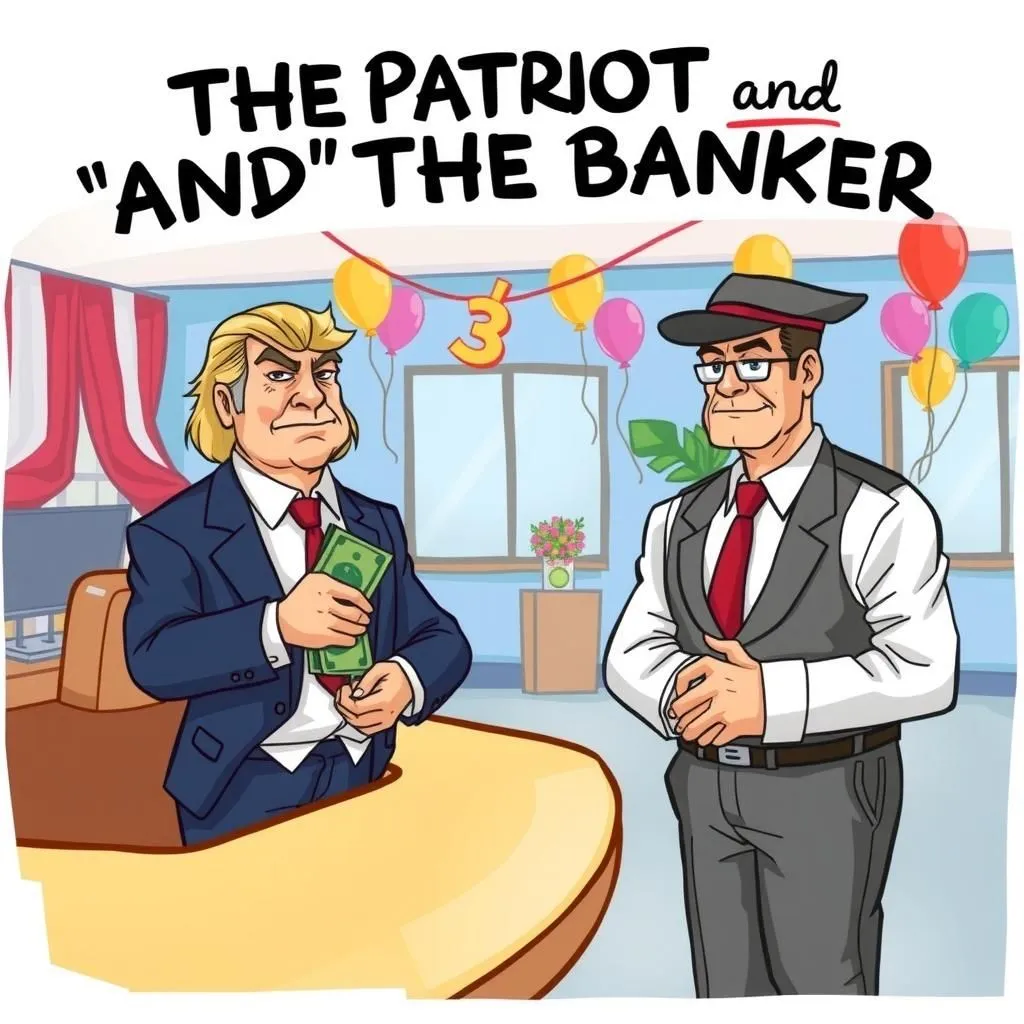
The Honourable Member
In this captivating moral tale, a member of the Legislature, who had vowed not to steal, returns home with a large part of the Capitol dome, inciting his constituents to hold an indignation meeting and consider punishment. Defending himself by claiming he never promised not to lie, he is oddly deemed an "honourable man" and elected to Congress without any pledges, showcasing the humorous yet educational nature of short moral stories.


